Review of Practice of CLTS Implementation in RUSHPIN Programme in Cross River and Benue states of Nigeria
Introduction:
Nigeria is one of the MDG goal 7 off-track countries with about 102 million people without access to safe sanitation. About 33 million people still defecate in the open. An estimate shows that about 194,000 Nigerian children under the age of 5 (not to mention teenagers and adults) die annually from preventable water and sanitation related diseases like cholera, typhoid fever, dysentery, diarrhea etc. According to a desk study by the Water and Sanitation Programme (WSP) Nigeria loses N455 billion ($3 billion) annually due to poor sanitation. (Source: AMETO AKPE, October 13, 2011.) The most worrisome factor is that the percentage of people practicing open defecation is steadily rising over last one decade.
While the problems are huge, the Federal Government of Nigeria of late has made considerable efforts to scale up its efforts to arrest the problem of open defecation by adopting CLTS as the core national sanitation strategy. Though the implementation is patchy mainly with donor driven projects, it offers an enabling policy environment for CLTS implementation and demonstrates scale and quality in implementation. On this backdrop, The Rural Sanitation and Hygiene Promotion in Nigeria (RUSHPIN) programme with support from GSF aims to significantly increase sanitation coverage and attain a positive and sustained hygiene behavioural change in six Local Government Areas (LGAs). The programme not only provides support to 3 LGAS each from Cross River and Benue state, it also leverages the federal Government resource for other six LGSs in both states as scale up interventions. The programme is positioned to deliver scale, quality and replicability.
The programme is in its initial stage of roll out with only three weeks of field intervention by first of May 2014. On a contractual agreement with the executing agency and GSF programme, CLTS Foundation Global carried out a situation review in few select LGAs followed by a training of trainer workshop for the LGA level facilitators, RUWASS trainers, Civil society agencies to be involved in the project and the technical team members of Concern Universal, the executing agency for RUSPIN programme. Mr. Sisir Pradhan and Dr. Kamal Kar carried out the assignment over a period of 20 days from 1st May 2014 to 20th May 2014. While Mr. Sisir Pradhan has spent about 20 days in the programme location, Dr. Kamal Kar joined after one week from 7th May 2014 to support the RUSPIN programme in Nigeria. During the entire period field visits were made to six LGAs, 13 CLTS communities and few key Government functionaries in all these LGAs. The observations and recommendations described below are based on the limited exposure to some triggering and post- triggering follow-up actions at few CLTS communities, meetings with some key LGA officials and interactions during the training workshop.
Download the full report here.
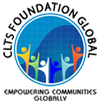
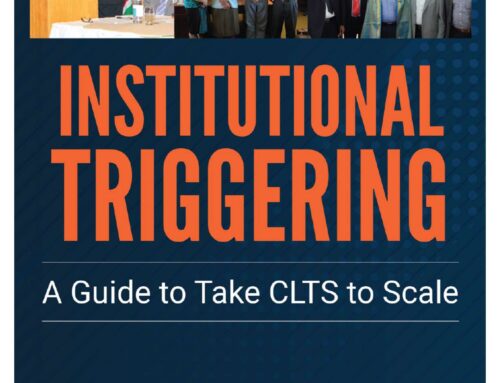
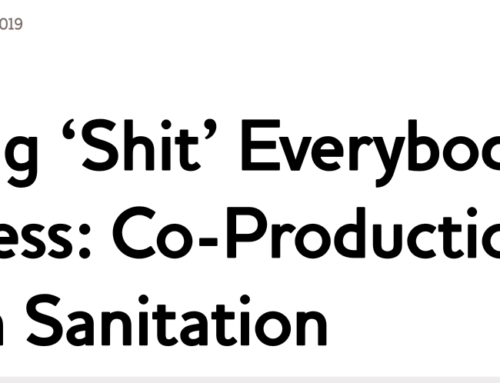
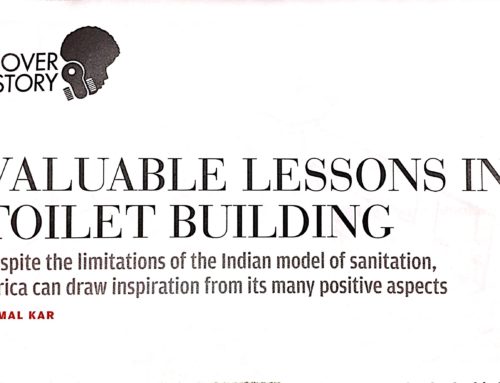
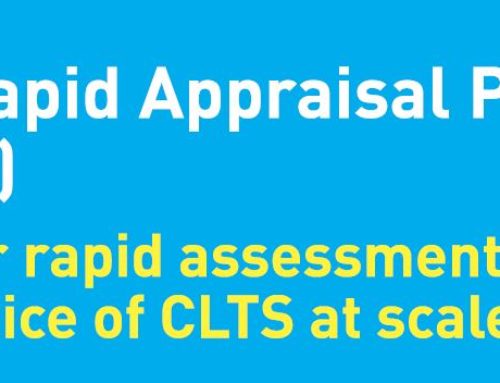
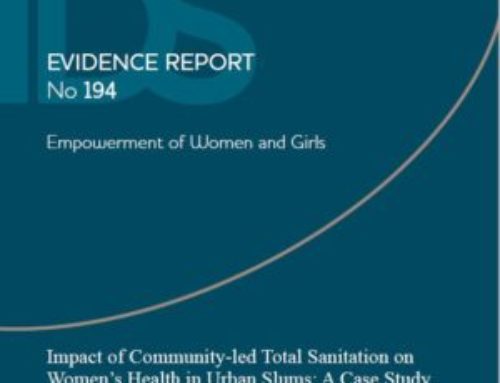
Leave A Comment